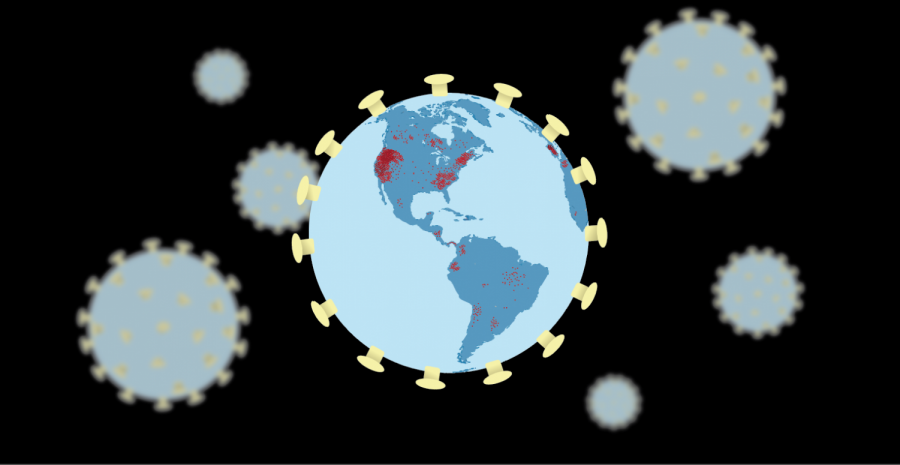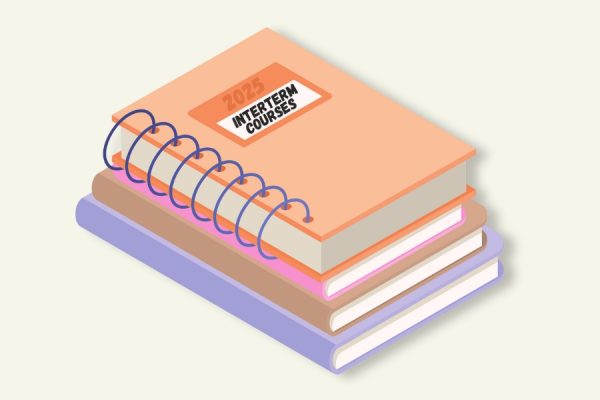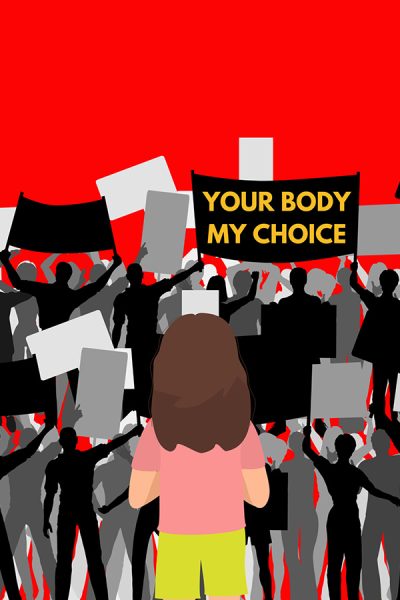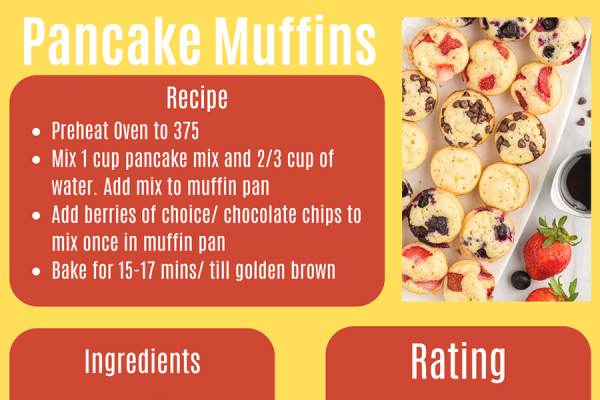What is Baker’s plan for COVID-19?
The outbreak of the coronavirus, also known as COVID-19, in the United States has generated many questions about how Baker University will handle the scheduling of classes after spring break. On March 12 President Lynne Murray, the Executive Cabinet and Dean of the College of Arts and Sciences Darcy Russell met at 9 a.m. to discuss how the rest of the semester will look. At the meeting it was decided that following spring break, Baker will hold online classes until April 3 and will resume in-person classes on April 6. Housing for students will re-open on April 5 at noon.
Students are able to fill out a campus stay request form to be approved to stay on campus while online classes take place. The completion of this form is required by March 13 at 4:30 p.m. In addition to housing and classes, all athletics, student activities and campus events are cancelled until April 5.
Harlaxton College, one of Baker’s biggest study abroad programs, is also sending its students home to protect themselves from the outbreak of the coronavirus. Those students will be finishing up their entire semester of classes in an online class format.
The World Health Organization declared the outbreak officially as a pandemic the morning of March 11 and urges people to wash their hands and practice social distancing. As of March 11, there are over 135 colleges closing their doors to students and 1,323 confirmed coronavirus cases and rising in the United States. According to the World Health Organization there are more than 118,000 cases in 114 countries and 4,291 people have died.
The conditions are changing so rapidly that freshman Garrett Hart said, “I went without looking at my phone for an hour and came back to a whole different world.”
So, what does that mean for Baker students?
In an email sent out by Dean of the College of Arts and Sciences Darcy Russell earlier this week, she presented a form for students to fill out that let the University know where students will be traveling to over spring break. In the March 12 meeting Baker decided to extend spring break based off the student answers that were compiled in the form. Many students noted that they would be traveling to places where there is a lot COVID-19 present.
As the coronavirus continues to spread across the United States, and four confirmed coronavirus cases in Johnson County as of March 12, it is important to take all necessary measures in the prevention of exposure and the spreading of the virus.
“We wanted to have a buffer zone between students returning from their travels and students returning to the dorms, to the residents halls where they all live together and breathe the same air, eat in the cafeteria together and pile into classrooms all together,” Russell said. “So we felt like if we went to e-learning for just two weeks, it would give a little break between travel and return, that we would mitigate having students that were undiagnosed in the dorms.”
Baker’s multidisciplinary COVID-19 Readiness Taskforce prioritized precautionary measures above all else.
“We felt like because we are a residential campus that the odds of all of students returning to campus and the dorms and the sororities and fraternities without virus were minuscule, they were very low,” Russell said.
What does it mean to Baker if other schools are going online?
Out of the 135 schools that have closed their doors, the University of Kansas has announced classes will not start on campus until April 3, but will continue online. The inevitability of online classes is also a reality for many schools like Harvard, Princeton and Vanderbilt have canceled in-person classes altogether until the end of the semester. There is a growing concern among students on how online classes will be conducted when Baker does close campus, and switches to an online format.
Freshman Anna Chieu is worried that the online classes will present a challenge for her especially as she lives in the country with a less than adequate signal which creates a poor WiFi connection.
This may protect the exposure of students from COVID-19 but the lack of resources that a student might have if they do not have WiFi to participate in online classes remains an issue.
When asked how the student body as a whole might be impacted by completely online classes Chieu said “I think it will cause a headache if a lot of people have to plan extra stuff and to take into consideration a lot more things with how their classes will be. Some classes need to be there to learn, like labs.”
“I’m on the fence about [the closures] but I feel like I’m more leaning that it is a smart decision because you don’t want to make the situation as bad as it could be,” Chieu said.
How to prevent the spread of the virus
Facts are crucial to ease fears that exist in the country and on campus.
W.H.O has set in place many ways in which people can prevent the spread of the disease. Most of it includes no contact. Germ-X, Purell and other similar products do not kill the coronavirus. However, Clorox wipes and other bacteria-killing supplies says on the label that it can kill the coronavirus.
It is advised that people wipe down handles, faucets, water bottles, phones and computers and wash your hands frequently with soap and water. The W.H.O. suggests a minimum amount of face touching, specifically including nose, eyes and mouth.
According to an email sent out on March 10 by Assistant Dean of Students and Director of Student Life Randy Flowers due to the current COVID-19 situation Lawrence Medical Hospital is stopping the walk-in-clinic for students temporarily, effective March 17. There are two appointment times set aside for Baker students on Wed. and Thurs. between 1:30 p.m. and 3:30 p.m. by phoned-in appointments.
Where is Trump amidst this chaos?
In Trump’s address at 8 p.m. on March 11 he declared that where the European Union failed at taking necessary precautions and restricting travel from China, the United States will be suspending travel from Europe, although this ban will not apply to the United Kingdom. The co-pay charge will now be waved for COVID-19 treatment to anyone who thinks they may have been exposed to the coronavirus and insurance coverage will be extended to cover the costs as well.
The highest risk exists with the elderly population and those with weakened immune systems and preexisting health conditions. There will be financial relief to those who are ill, quarantined or taking care of ill persons. Nursing homes were encouraged by Trump to restrict all non-medical visits.
Trump believes that the United States is most resilient and has the best researchers at the time of this ongoing pandemic.
The coronavirus is a threat to the education system, but the necessary precautions made by Baker and other institutions across the U.S. will aid in the handling of the COVID-19. The threat expands to global students and beyond.
Wash your hands, avoid touching your face and take home all necessary belongings before you leave for spring break.
“We’re in this together, to do the right things with calm and protect the citizens of the world. It’s doable” W.H.O. said.

Elizabeth is a senior from Leawood. She is a public relations and spanish double-major and has a minor in english. Elizabeth is involved in Delta Delta...










